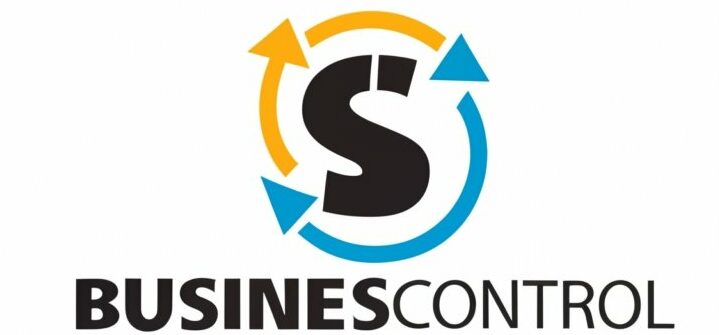Introduction
In our fast-paced and demanding world, mastering the art of time management has become essential for maintaining a balanced and fulfilling lifestyle. Time is a precious resource, and how we manage it directly impacts our productivity, personal well-being, and overall satisfaction. By adopting effective time management strategies, we can optimize our daily routines, accomplish our goals, and create space for the things that truly matter. Let’s delve into the world of time management and discover techniques to make the most of our time.
Setting Clear Goals and Priorities
Effective time management begins with setting clear goals and identifying priorities. By defining what is most important to us, we can align our actions and allocate time accordingly. It is crucial to identify both short-term and long-term goals, breaking them down into manageable tasks. Prioritizing these tasks based on their importance and urgency allows us to focus our energy on what truly matters and avoid getting overwhelmed by less critical activities.
Creating a Structured Schedule
Creating a structured schedule is a key component of successful time management. By organizing our days, weeks, and months in advance, we gain a sense of control and purpose. Utilize calendars, planners, or digital tools to schedule activities, appointments, and deadlines. Designate specific time blocks for different tasks, ensuring that important activities receive dedicated attention. Remember to incorporate breaks and downtime to recharge and maintain a healthy work-life balance.
Eliminating Time Wasters and Distractions
Identifying and eliminating time wasters and distractions is crucial for effective time management. It’s important to be mindful of activities that consume excessive time without yielding significant results. This might include excessive social media use, aimless web browsing, or excessive multitasking. Minimizing distractions, such as turning off notifications or creating a dedicated workspace, helps maintain focus and productivity. By consciously redirecting our attention to meaningful tasks, we optimize our time and accomplish more.
Practicing Effective Task Organization
Organizing tasks efficiently is a fundamental aspect of time management. Break down larger tasks into smaller, manageable steps. Prioritize tasks based on importance, deadlines, and energy levels. Consider using productivity techniques like the Pomodoro Technique, which involves working in focused intervals followed by short breaks. Additionally, grouping similar tasks together or utilizing productivity apps and tools can streamline workflow and increase efficiency.
Embracing Delegation and Saying No
Recognizing our limitations and embracing delegation is crucial for effective time management. It’s important to delegate tasks to capable colleagues, family members, or professionals when appropriate. By sharing the workload, we create more time for higher-priority activities. Equally important is learning to say no when our plate is already full. Setting boundaries and politely declining commitments that don’t align with our goals allows us to protect our time and avoid overwhelming ourselves.
Practicing Self-Care and Time for Reflection
Effective time management includes prioritizing self-care and time for reflection. Taking care of our physical and mental well-being ensures sustained productivity and prevents burnout. Regular exercise, sufficient sleep, and healthy eating habits contribute to overall vitality and focus. Additionally, setting aside time for self-reflection, meditation, or hobbies allows us to recharge, gain perspective, and foster creativity. These moments of rejuvenation are essential for maintaining balance and long-term success.
Conclusion
Mastering time management is a lifelong skill that empowers us to make the most of our days, achieve our goals, and lead a fulfilling life. By setting clear goals, creating structured schedules, eliminating time wasters, and embracing effective task organization, we optimize our productivity and well-being. Remember, time is a precious resource, and how we manage it determines the quality of our lives. So, let’s cultivate effective time management habits and unlock the potential to live purposefully, accomplish our aspirations, and savor the moments that truly matter.









